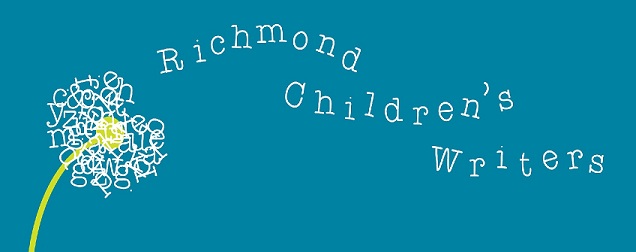
New Year’s Resolutions 2012!
Oh, no, here we go again. Can any subject be more predictable or, let’s be honest, boring? Anyway, why bother? My New Year’s resolutions don’t change much from January to January. 1) Write more. 2) Revise better. 3) Accept criticism. 4) Remember: rejection = learning. 5) Whine less. Does that mean I don’t accomplish anything year to year? Or, maybe my goals aren’t clear enough and reaching them can’t be measured?
Actually, none of the above.
I realize, as I look back over this past year’s writing life, that I have moved forward even if some of the progress is subtle. In 2011, I might not have written more, but I wrote better. I might not have revised better, but I revised more. I learned from constructive criticism; the improvement in my work is testimony (and it has definitely improved). I accepted rejection as a signal to move on to other, perhaps better places to submit my work. Did I whine less? Perhaps not. But nobody’s perfect.
So, for 2012, rinse and repeat: 1) write better, 2) revise more, 3) learn from criticism and 4) view rejection as a pass, not a stop sign. Evaluate. Return to step 1.
How do you measure progress in your writing life?



